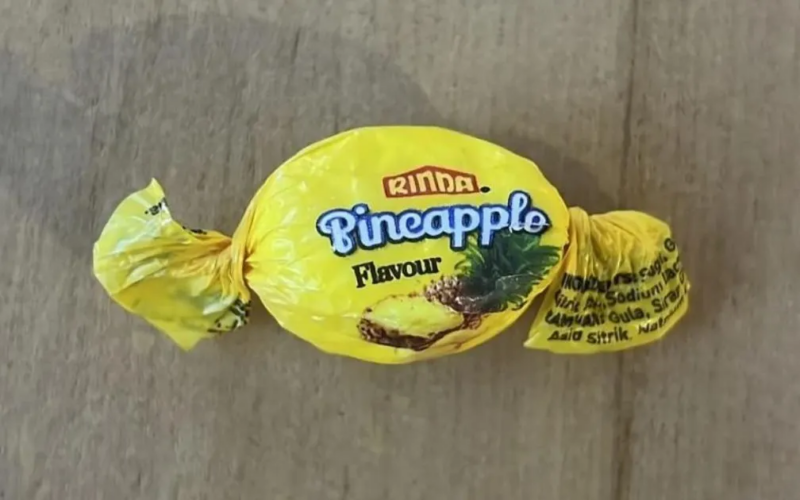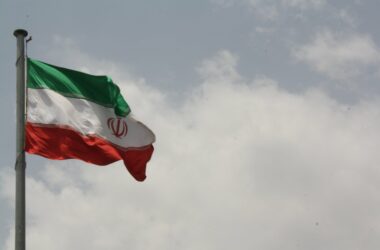In a shocking oversight, a charity distributing food to Auckland’s homeless population mistakenly handed out candies laced with methamphetamine, resulting in several hospitalizations. The Auckland City Mission reported on Wednesday that these candies, which were found to contain potentially fatal levels of meth, were donated by a member of the public.
The candies, which were solid blocks of methamphetamine disguised as pineapple-flavored sweets, were mistakenly included in food parcels distributed by the City Mission. Authorities were alerted after a client complained of the “strange taste” of the candies, prompting the charity to test them. The results revealed that each candy contained up to 300 times the normal dose of methamphetamine, a quantity that could be deadly.
The New Zealand Drug Foundation, which conducted initial tests on the candies, indicated that this method of disguising drugs in seemingly harmless items is a known smuggling tactic. The high street value of the candies, estimated at $608 each, suggests that this incident was likely the result of an accident rather than a deliberate attempt to cause harm, according to Ben Birks Ang, a spokesperson for the Foundation.
Detective Inspector Glenn Baldwin of the New Zealand Police stated that the case is still under investigation, with authorities currently attempting to track down the extent of distribution. As of now, 16 contaminated candies have been recovered, but the total number distributed remains unknown. Initial theories suggest that the incident might be linked to an importation mishap, but the full details are still unclear.
Helen Robinson, City Missioner for Auckland City Mission, reported that eight families, including at least one child, had consumed the contaminated candies since the discovery. Fortunately, the unpleasant taste led most recipients to spit out the candy before ingesting significant amounts. Despite this, the incident has raised serious concerns about the safety and oversight of food donations.
The City Mission, which has now suspended accepting such donations, emphasized that it only accepts commercially produced, sealed food items to prevent similar incidents in the future. The pineapple candies, marked with the Malaysian brand Rinda, were believed to be genuine when they were donated, having arrived in a retail-sized bag.
Rinda Food Industries has issued a statement expressing its shock at the misuse of its products and reaffirming its commitment to not engaging in any illegal activities. General Manager Steven Teh assured the public that the company would cooperate fully with the ongoing investigation to prevent future occurrences.
Methamphetamine, a highly addictive stimulant with severe health risks, was disguised in a form that made it appear as ordinary candy. This incident underscores the importance of stringent checks and the potential dangers posed by such deceptive practices.








